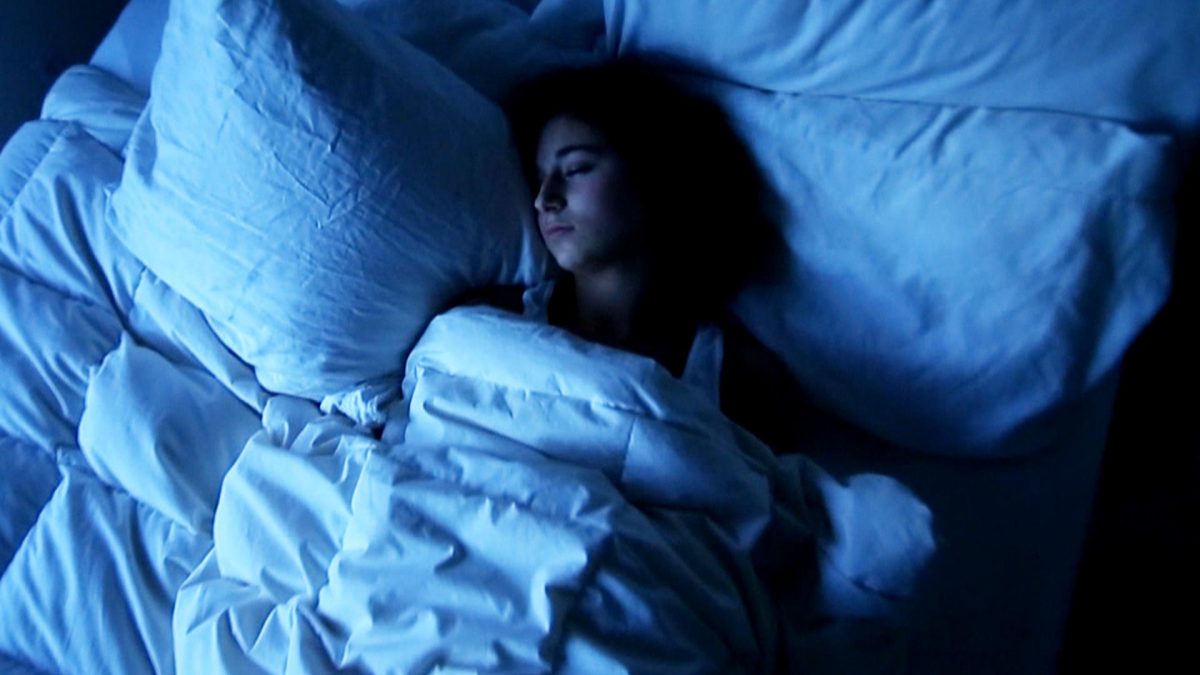1. Twitching of the body
Abrupt twitching is mainly associated with the first stage of sleep. They are usually harmless, but can be strong enough to wake a person.
2. You forget unnecessary information
During the day, people receive a huge amount of information. If you remembered everything, you would soon go crazy. Thus, at night the brain filters information and forgets unnecessary.
3. The throat narrows.
Unlike most other muscles, the muscles of the throat remain active during sleep. However, they relax during sleep, causing the throat to narrow. It can also cause snoring.
4. The body produces hormones.
During slow sleep, the human body produces hormones that stimulate cell growth, proliferation and regeneration. This is very important for regulating the function of the immune system.
5. Weight loss
During sleep, a person loses water due to sweating and exhalation of moist air. This also occurs during the day, but eating and drinking prevents any weight loss. Thus, good and long sleep is necessary for any diet.
6. Dry mouth.
Because saliva is needed for food, the amount of saliva released decreases at night. Therefore, the mouth dries out, and in the morning a person often feels thirsty.
7. Grinding teeth.
According to research, about 5% of people suffer from a strange condition known as bruxism. It is manifested by excessive grinding of the teeth during sleep and can eventually damage the teeth.
8. The body becomes longer.
It has been found that people can increase in height by a few centimeters in the morning compared to the evening. When you sleep in a horizontal position, the spine straightens because the weight of the body does not put pressure on it.
9. Low blood pressure.
During sleep, everyone experiences a state similar to a fall. In fact, this is how blood pressure drops at night.
10. The brain makes decisions.
The brain can process information and prepare for further action during sleep. It effectively makes decisions while in an unconscious state. The brain can even draw important conclusions during sleep.
11. Unconscious awakening.
People often wake up during sleep, but these awakenings are so short that they do not remember them. Typically, these awakenings occur during transitions between stages of sleep.
12. Talking during sleep.
Talking during sleep is a parasomnia in which a person begins to chatter aloud during sleep. Such talking can be quite loud single sounds or be a long muttering story.
13. Lowering the pain threshold.
When the body is completely relaxed, the nerves cannot receive pain signals and transmit them to the brain. It also explains why people do not smell and hear sounds well during sleep.








